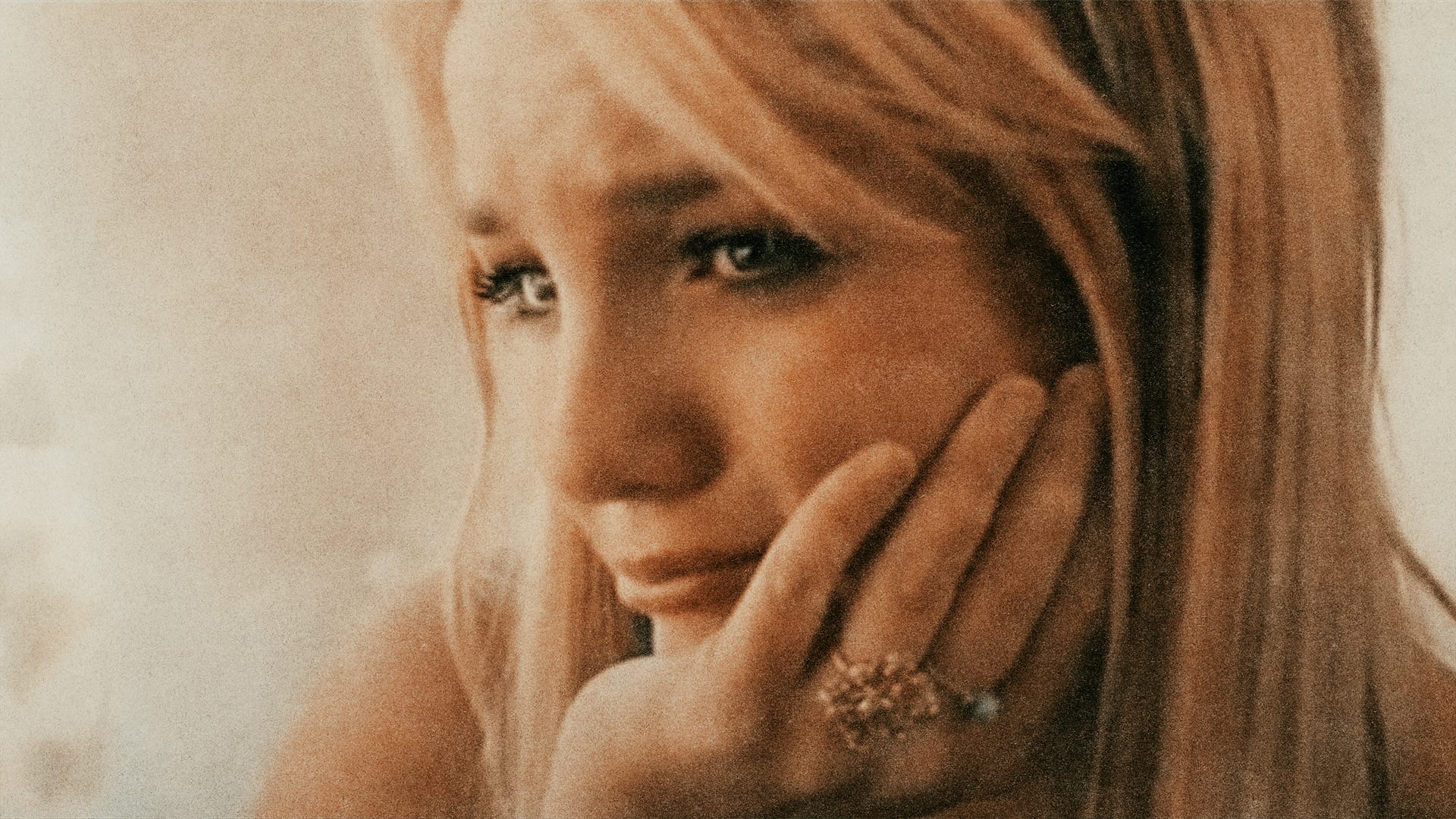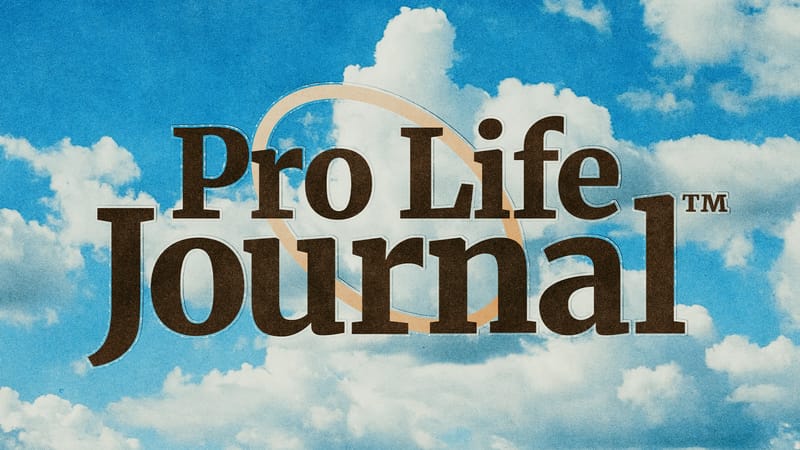Britney Spears' Harrowing Abortion Experience
In her memoir, the singer recounts how her harrowing experience haunts her to this day.
In Britney Spears' astounding memoir, The Woman In Me, the singer recounts her harrowing experience with abortion, and how it haunts her to this day. Spears' story acts as a warning to her young followers who may be blindly following the normalization of the procedure.
This story is incredibly important to hear, especially in such a heated political climate. A decision of this magnitude at such a young age is highly consequential, not just because of the emotional and physical toll it took on Britney, but because of the profound impact it has had on her life and career ever since. Her story reveals details that many may not have considered before, and our politicians should spend more time talking about it.

Spears was dating Justin Timberlake at the time, and during this relationship, she got pregnant. She explains that she wanted to have a family with Justin Timberlake, and the desire to have a family materialized sooner than she had imagined. Although it is unclear when the pregnancy occurred, Britney speaks about Justin’s reaction in this statement. “Justin definitely wasn’t happy about the pregnancy. He said we weren’t ready to have a baby in our lives, that we were way too young.” Their age plays a very large role in this story, and their decision to abstain from letting anyone know at such a young age turned out to be an extremely essential aspect of their decision.
The singer gets candid about the decision not to let anyone know about the situation except for Justin. She wrote, “If it had been left up to me alone, I never would have done it.” This begs the question, who pushed her to have the abortion? The answer is Justin Timberlake: “And yet Justin was so sure that he didn’t want to be a father.”

This is the truth of abortion; it’s an escape from responsibility for immoral men, which brutalizes women and the unborn child. Britney was “sobbing” during the “excruciating” at-home abortion, a truly painful experience that no person that young should have to undergo.
Additionally, the pair felt pressured by the possible blowback from the media. The memoir reveals that Timberlake and Spears chose to keep the entire situation secret, even opting for an at-home abortion to avoid public scrutiny. This secrecy further compounded the emotional and physical trauma Spears endured, making the experience even more isolating and painful. The decision to avoid medical assistance highlights the extent of the fear and pressure that Spears faced, a tragic reflection of how the pressures of fame and public image can lead to devastating personal choices.
The pain of that decision didn’t simply vanish with time. Instead, it seemed to embed itself deep within her psyche, re-emerging in various forms throughout her career and personal life. Britney’s music, often viewed as pop anthems, contains deeper undercurrents of pain and unresolved grief, much of which can be traced back to this tragic episode. In songs like "Everytime," a haunting ballad widely believed to be about her breakup with Justin Timberlake, Britney sings lyrics that suggest a longing and an unspoken trauma has followed her like a shadow.
I make believe
That you are here
It's the only way
I see clear
What have I done?

In the music video for "Everytime," subtle allusions to Britney Spears' abortion are woven throughout the visual narrative. The video depicts a series of emotionally charged scenes where Britney is seen in distress, possibly symbolizing the deep regret and sorrow she felt after the abortion. The imagery of water, often associated with rebirth and cleansing, might represent her desire to wash away the past trauma. Additionally, the scenes of her rescuing a child could be interpreted as a longing for the child she lost. The haunting, melancholic tone of the video mirrors the inner turmoil she expressed regarding this painful chapter in her life.
The emotional fallout from the abortion also manifested in her public breakdowns and erratic behavior, which the world watched unfold in real-time. It is not difficult to imagine how the weight of such a decision, compounded by the pressures of fame and a controlling industry, contributed to the instability that led to her conservatorship. The heartbreak she experienced from both the abortion and her subsequent breakup with Justin Timberlake left deep scars, which were further exacerbated by the lack of support and understanding from those around her.
In addition to “Everytime,” there are other songs in her catalog that can be viewed through the lens of her abortion experience. The song “My Prerogative,” for example, could be seen as a defiant response to the overwhelming control others had over her life, echoing her loss of autonomy. The lyrics, “They say I'm crazy, I really don't care, that's my prerogative,” can be interpreted as a cry for independence, a pushback against the forces that have tried to dictate her choices and her life’s path.
Even in the more upbeat tracks, there are subtle hints of pain. In “Lucky,” a song about a famous girl who seems to have everything but is deeply unhappy, Britney sings, “If there's nothing missing in my life, then why do these tears come at night?” These lines are poignant reminders that beneath the surface of her pop persona lies a woman who has endured immense pain and loss, a pain that the public has largely overlooked or misunderstood.
Spears’ narrative underscores the need for a greater awareness and dialogue about the emotional toll of abortion on women, and the role that men should play in guiding the positive development of their families, rather than pressuring them into barbaric decisions that leave lasting scars.
This horrific procedure is just another large step to the downfall of Britney Spears, breaking up with Justin Timberlake after she took on that excruciating pain to protect his interests. Now the consequences have revealed themselves—a devastating public breakdown, addiction problems, and a mandatory conservatorship. This is Britney’s story to tell, and she masterfully describes her pain in her memoir The Woman In Me, which I highly recommend. The songs she has written and performed over the years serve as a testament to the lasting impact of that fateful decision, a decision that, by her own admission, she would never have made had it been solely up to her.
In this light, Britney’s music takes on new significance. It’s not just the soundtrack of a pop icon’s life but a reflection of a woman grappling with deep, unresolved pain. For those who listen closely, her songs are a window into the soul of someone who has suffered greatly and is still searching for peace. The story of her abortion is a reminder of the heavy toll such a decision can take, particularly when it is made under pressure and without adequate support. It is a tragedy that continues to resonate in her life and in her art, long after the headlines have faded.







